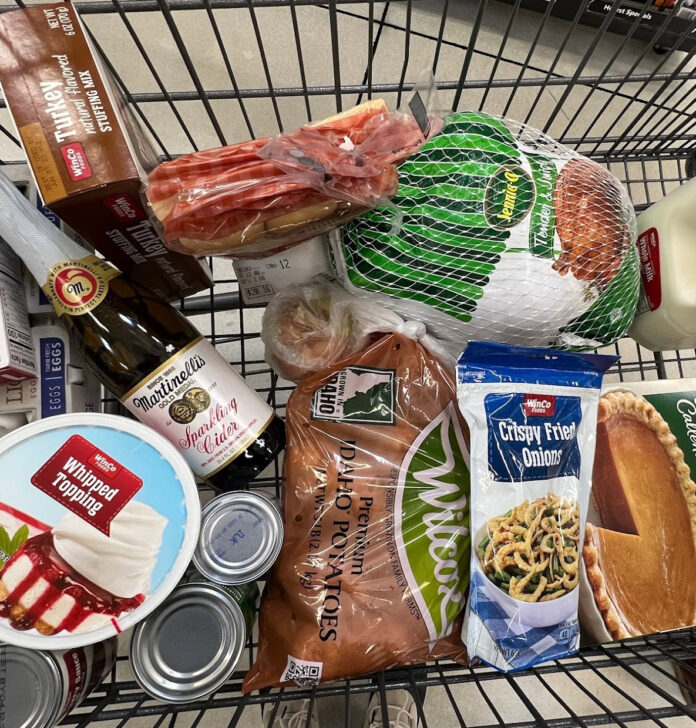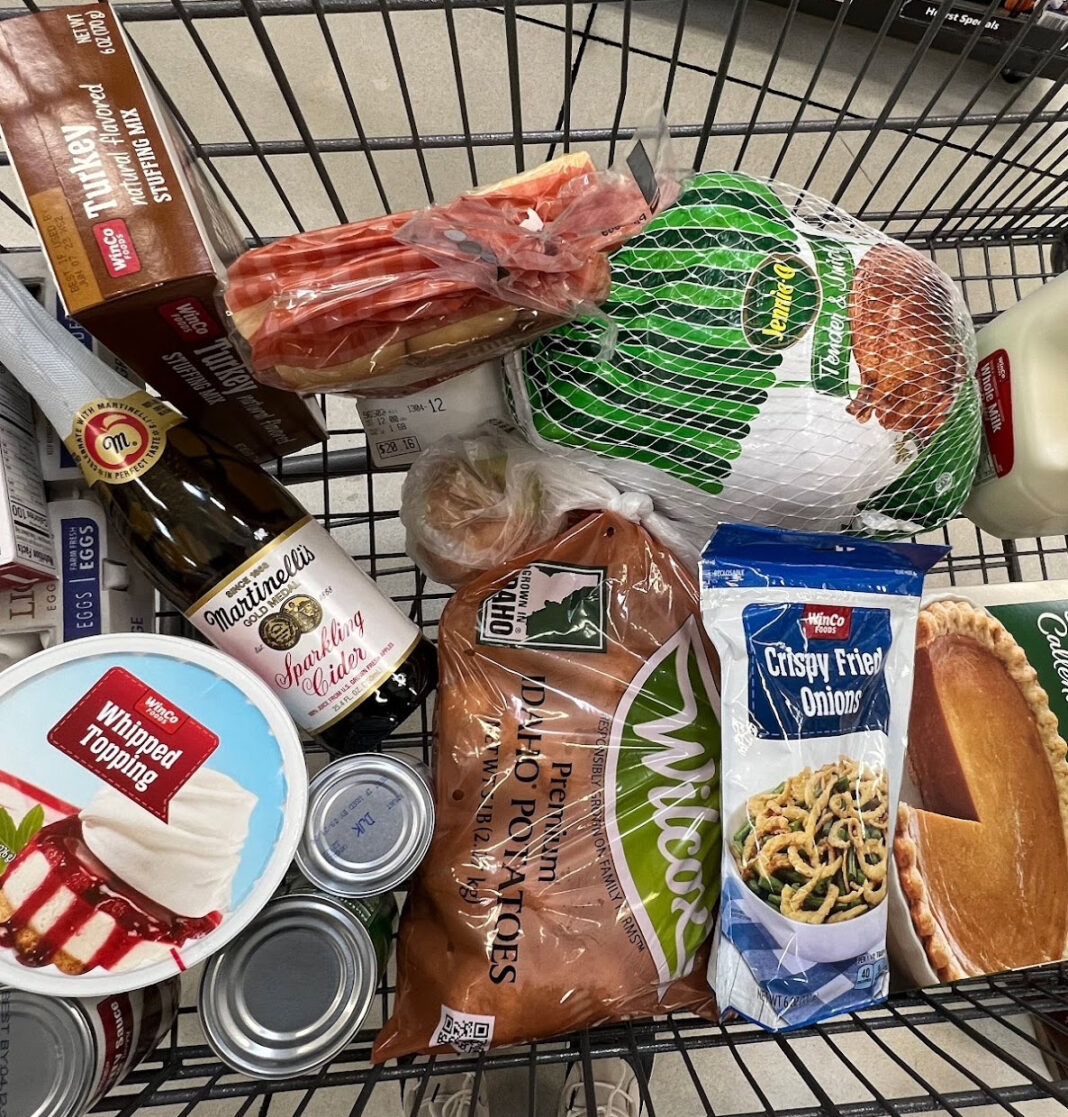Following public testimony and committee debate, a bill on increasing the grocery tax credit is moving forward to the Idaho Senate.
On Friday, the House Revenue and Taxation committee voted unanimously to introduce a new bill that largely keeps the same language as House Bill 61, presented in committee in January. The new bill, House Bill 231, advanced to the House floor that same morning, where it passed.
The new bill would increase the grocery tax credit from $120 to $155 per person, which equates to about $2,583 in tax-free groceries. Taxpayers may apply for a credit of up to $250—potentially upwards of $4,000 in tax-free groceries—if they submit itemized receipts, as BoiseDev previously reported.
In the committee hearing, Rep. Jason Monks, R- Meridian, said that the main difference between HB 61 and the new bill is the addition of the word “retail” ahead of “supplier” in several places to prevent food processors from being lumped in with retail operations.
Though people who testified voiced support for the bill, some committee members expressed concern about whether the credit goes far enough and whether the itemization process required for the larger credit is accessible for seniors. A motion by Rep. John Gannon, D-Boise, to bump the credit to $225 failed, while a motion to hold HB 61 in committee and introduce the new bill as is passed.
How much revenue the state receives from its 6% sales tax on groceries is unclear, as previously reported. but Monks estimates that bumping the credit would result in $50 million of tax relief for Idahoans.
‘A little more money in their pocket’
AARP State Director Lupe Wissel testified during the committee hearing that she supported the bill as a way to help seniors. AARP is an advocacy organization for seniors.
Wissel said many seniors live in poverty, which compels them to get by by buying cheap food and skipping meals.
“This is going to give a little more money in their pocket,” she said, saying she liked the option to itemize for the higher $250 credit.
Victor Miller, the former chairman of the Ada County Republican Central Committee, testified in his own capacity that he supported the legislation. He said he favored an increase to the credit because if the grocery tax were repealed, as some have proposed, grocers could be tempted to raise prices. He said he sees increasing the grocery tax credit as a way to take advantage of tourist dollars coming into the state, and offer tax relief on different taxes.
“The legislature has done a great job taking Idahoans’ money, giving more and more money back in terms of food credits, and then using the money from out-of-state visitors to support other tax cuts,” Miller said.
Itemization? ‘You will have to do more work’
Rep. Steve Berch, D-Boise, expressed concern during the committee hearing about the elderly and disabled’s access to the maximum credit through itemization and receipt scanning.
Without donors like you, this story would not exist.
Make a donation of any size here
“It just seems like this portion of the bill is not very workable,” Berch said.
Monks disagreed.
“I think to say that the elderly can’t file their taxes, I think that’s a little demeaning,” Monks said. “… You can take the standard deduction… If you don’t like that, and you think you can do better itemizing, then go ahead and itemize, but you will have to do more work.”
He also said that he worked closely with the Idaho State Tax Commission on the language of the bill and is confident in its capacity to handle auditing of returns seeking the itemized deduction, similar to any other itemized deduction.
Settling on $155
Following an initial motion to hold HB 61 in committee and introduce the new bill, Rep. John Gannon, D-Boise, made a substitute motion to increase the credit from $120 to $225 instead of $155.
He cited inflation and the stress families face as reasons for a “substantial and generous increase” and said he viewed the grocery tax as profiting from people buying food.
“This is a good way of making sure that people get their money back,” he said. Berch said he would also vote in support of the substitute motion.
Monks said he found the idea that the state makes a profit from groceries “a little offensive.” While the state takes money, it does not profit from it, and the money that the state does not credit back reflects what visitors from out of state have paid, he said.
The substitute motion failed, and a vote on the original motion to pass the bill with the new wording passed unanimously.
Both Berch and Gannon ultimately said they would support the original motion.
Berch said that while his constituents overwhelmingly support a repeal of the grocery tax, “this is the best opportunity I have to be able to provide some grocery tax relief to my constituents.”
Editor’s Note: This story has been updated to reflect that the bill passed the House floor on Friday.






